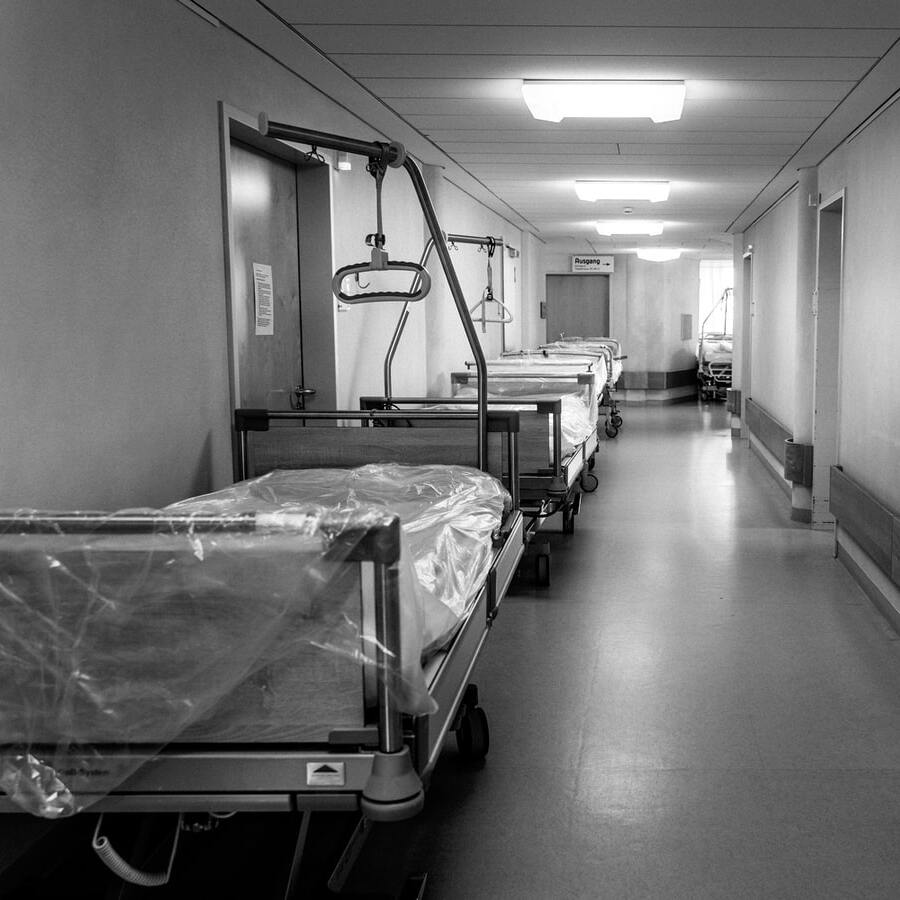Fecal Microbiota Transplantation Successful at Reducing C Difficile Recurrence
There was not a statistically significant correlation between CDI recurrence and age, gender, previous proton pump inhibitor use, and antibiotic exposure.

New evidence shows fecal microbiota transplantation (FMT) could prevent recurrent Clostridioides difficile infections (CDI), even if there is no response to the initial procedure.
A team, led by Muhammad Farhan Ashraf, Institute of Microbiology, University of Agriculture Faisalabad, analyzed the efficacy of fecal microbiota transplantation at preventing CDI recurrence and examined the effects of comorbidities on the success of FMT.
Risk Factors
There are several known risk factors for C difficile infections, including race, gender, and age. For example, women, individuals over 65 years, and Caucasians are all at a higher risk for developing CDI because of reduced diversity of the intestinal microbiome.
However, fecal microbiota transplantation could be a viable option for high risk patients by restoring healthy flora in the gut, breaking the cycle of CDI recurrence.
The Study
In the study, the investigators examined 64 patients at least 16 years of age who had received FMT between October 2015 and November 2019. The patients included appeared in both inpatient and outpatient settings.
The investigators used frozen stool from a standardized stool bank that was thawed and instilled in the terminal ileum or the cecum.
Each patient was followed up with for a year following FMT for the analysis of improvement in symptoms, recurrence, and repeat FMT.
Positive Results
At the two-month follow-up mark following the procedure, 75% of participants showed symptomatic improvement, while 15.6% of patients reported no improvements and 9.4% did not follow-up.
In addition, 40.6% (n = 26) participants had CDI recurrence during the follow-up year, while 69.2% of patients with recurrence underwent a repeat fecal microbiota transplantation.
While age and gender are known risk factors for CDI, the investigators did not find a statistically significant correlation between CDI recurrence and age (P = .68) and gender (P = .61). This was also true for previous proton pump inhibitor use (P = .11) and antibiotic exposure (P = .45).
However, there was a statistically significant association found with the use of immunosuppressants and recurrence (P = .04).
“FMT is a successful treatment modality for refractory and recurrent CDI,” the authors wrote. “Repeat treatments can be beneficial if there is a lack of initial response. Being immunosuppressed with medications is associated with the risk of recurrence.”
FMT and IBD
There are currently approximately 435,000 cases of C difficile infections in the US annually. Fecal Microbiota Transplantation is a relatively new treatment approach for refractory C difficile infections.
Recently, investigators found FMT is a good treatment option for inflammatory bowel disease (IBD) patients with a CDI coinfection. For patients with inflammatory bowel disease there is an increased risk of co-infection with CDI than there is for the general population because of the use of immunosuppressive medications and the dysbiosis of the bacteria in the colon.
However, the recent cohort shows the total cure rate did not differ for IBD patients with CDI.
The study, “Fecal Microbiota Transplantation in Patients With Recurrent Clostridium difficile Infection: A Four-Year Single-Center Retrospective Review,” was published online in Gastroenterology Research.